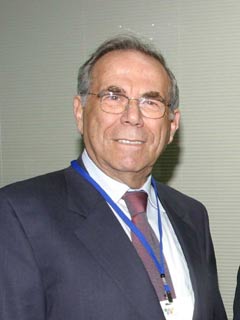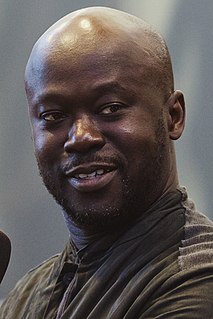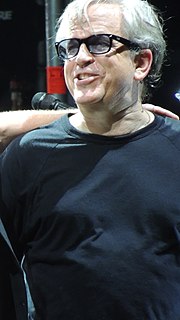A Quote by Ory Okolloh
As I see it, tech in Africa 1.0 was the mobile-phone boom, and version 2.0 was about new apps developed in response to local needs. Tech in Africa 3.0 should be about those who are successful in transforming the chatter into real opportunities.
Related Quotes
I think everybody knows that Africa is in a very deep crisis. There is economic misery and social deprivation and that Africa needs help but the question then is how. And also we have to make sure that we don't repeat old mistakes; this help is only short term. It doesn't address Africa's long-term fundamental needs and how to put Africa on the right track to development. What Africa needs to do is to grow, to grow out of debt.
Africa - You can see a sunset and believe you have witnessed the Hand of God. You watch the slope lope of a lioness and forget to breathe. You marvel at the tripod of a giraffe bent to water. In Africa, there are iridescent blues on the wings of birds that you do not see anywhere else in nature. In Africa, in the midday heart, you can see blisters in the atmosphere. When you are in Africa, you feel primordial, rocked in the cradle of the world.
In a way, going to Africa allowed me to see possibilities that sometimes seem impossible in certain conditions. It also allowed me to see opportunities for material strategies. I hate it when people think I went and got something [from Africa] and brought it here. It's more about how it affects the way in which I work and affects [my] creativity.





































